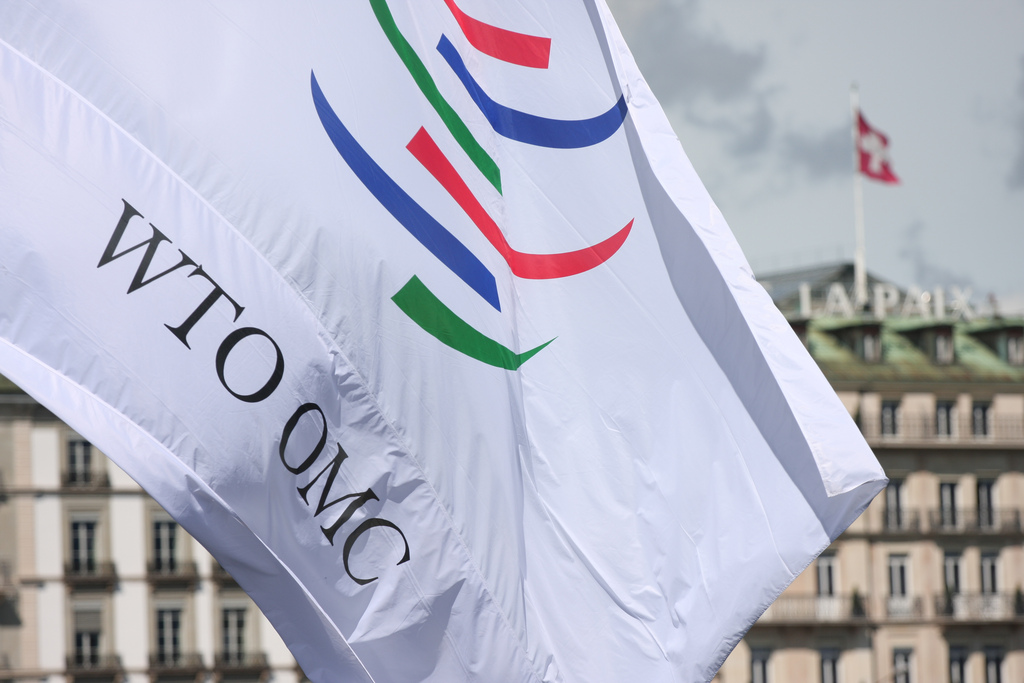Iran Losing Neighboring Markets as WTO Accession Bid Stalemates

EghtesadOnline: The government’s ambitious plan to turn Iran into a hub of transit and exports to the 400-million strong Middle East market is at risk, as Iran’s accession to the World Trade Organization has failed to make any tangible progress in the past few years.
This erodes Iran’s competitive edge compared to its rivals, as neighboring market Afghanistan has recently joined WTO while Iraq is expected to join in the near future.
Iranian businesses are keen to gain a foothold in the Iraqi market, as the self-styled Islamic State terrorist group faces an all-out defeat and the country heads for stability. This is reminiscent of Afghanistan’s situation after Taliban lost power in 2001. Iran’s exports to the country have not been impressive ever since. Afghanistan became a WTO member last year, according to Financial Tribune.
“Tariffs on Iranian exports to Afghanistan have gone up,” Mohammad Mehdi Behkish, a pro-free trade economist and secretary-general of International Chamber of Commerce’s Iranian Committee, told Financial Tribune. “This means our conditions will get worse vis-à-vis our rivals.”
As for Iraq, Iranian business players worry a similar scenario will play out, holding back efforts to conquer the market they had within easy grasp.
“One of the urgent measures we need to take on Iraq is to sign a free trade agreement with the neighboring country,” Alireza Kolahi, a member of Tehran Chamber of Commerce, Industries, Mines and Agriculture’s board of representatives, said.
“Iraq is joining the WTO. And since Iran is not yet a member of the organization, it will be subject to tariffs and [consequently] lag behind in competition with rivals.”
Turkey and China are Iran’s main rivals in the neighboring markets. Turkey, a long-time WTO member, has been successful in supplying its products to both Iraq and Afghanistan. Notably, when Qatar was recently blockaded by a Saudi-led coalition, Turkey managed to export more than Iran to that country.
Qatar itself is a WTO member, so are the UAE, Oman, Saudi Arabia, Bahrain, Kuwait and Yemen. Among the countries of the Commonwealth of Independent States and Central Asia which Iran is planning to increase transit and exports to, Armenia, Georgia and Kazakhstan have gained full membership and Azerbaijan and Uzbekistan are observer members waiting to join soon.
Yet, Iran’s accession has been pending even after 19 years, which has made the country’s membership bid one of the longest in the history of the organization. In 2005, WTO eventually established a working party composed of a group of representatives tasked with assessing Iran’s accession bid. However, the chairman of the party has not been elected.
Iran submitted a memorandum on its foreign trade regime in 2009. In 2011, the country replied to a set of questions posed by WTO members based on the information provided in the memorandum. But officials say the 2009 memorandum is now outdated and they need to devise a new one.
No Internal Consensus
Much as Iran’s 2015 deal with world powers to resolve issues regarding Iran’s nuclear program generated hope that the political obstacles to Tehran’s accession process will be a thing of the past, WTO has not yet reached consensus over electing a chairman for the working party.
Despite growing support in Europe after the nuclear deal, Saudi Arabia and the United States are said to be opposing Iran’s accession. However, there is widespread belief that the Iranian government and other influential branches of power are not unanimous about joining the international free trade community.
There has not been enough push in the administration of President Hassan Rouhani who was elected with the promise of pulling down walls around Iran, politically and economically, both in 2013 and recently in May 2017.
The economist believes the government of Iran does not have a clear-cut executive plan to transform Iran from a closed economy to a competitive one.
Behkish called on Rouhani to consider lowering tariffs when appointing a new Cabinet.
“Tariffs are still high, and in some cases Iran has opposed free trade agreements with other countries in recent years,” he said.


